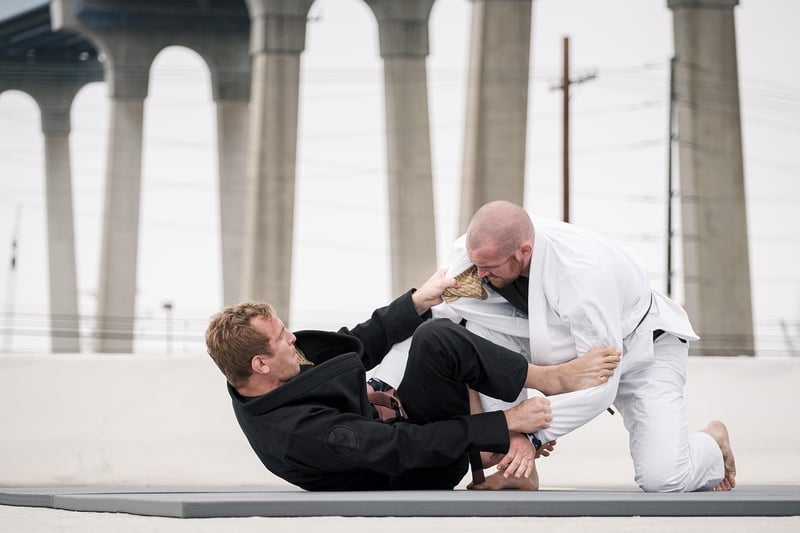Jiu-Jitsu
The Legacy of Self-Defense Traditions and Jiu-Jitsu
In the realm of self-defense, the art of Jiu-Jitsu stands out as a formidable and time-honored tradition. With roots tracing back to Japan, Jiu-Jitsu techniques have evolved over the centuries, finding their way into modern self-defense practices across the globe.
The Origins of Jiu-Jitsu
Jiu-Jitsu, which translates to "gentle art," originated in feudal Japan as a method for warriors to defend themselves without weapons. It emphasizes using an opponent's energy against them, making it an effective form of self-defense for individuals of all ages and sizes.
The Philosophy of Jiu-Jitsu
At its core, Jiu-Jitsu is not merely about physical techniques but also about mental discipline and respect. Practitioners learn to remain calm under pressure, think strategically, and cultivate a sense of humility and courtesy towards others.
The Evolution of Jiu-Jitsu
While traditional Jiu-Jitsu focused on close combat and grappling, the art underwent significant transformations when it was introduced to Brazil in the early 20th century. Brazilian Jiu-Jitsu, as it came to be known, placed a greater emphasis on ground fighting and submissions, revolutionizing the martial arts world.
Benefits of Practicing Jiu-Jitsu
- Improved physical fitness and strength
- Increased flexibility and coordination
- Enhanced self-confidence and self-discipline
- Effective self-defense skills for real-life situations
Joining the Jiu-Jitsu Community
Whether you are a seasoned martial artist or a complete beginner, Jiu-Jitsu offers a welcoming and supportive community for individuals looking to enhance their self-defense skills and overall well-being. Many dojos and training centers provide classes for children and adults, ensuring that everyone can benefit from this ancient art.
Start your journey in Jiu-Jitsu today and discover the transformative power of this time-honored self-defense tradition!

